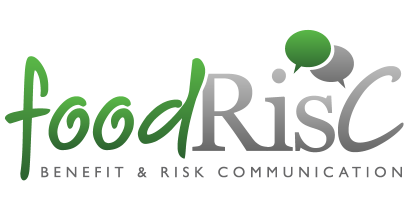FoodRisC: Analysing traditional and social media coverage
Last Updated : 01 April 2012The European Commission-funded project FoodRisC aims to understand current barriers to communicating the risks and benefits of food and identify potential remedies for such challenges. The project seeks to produce a practical toolkit that enables effective and balanced food risk communication. Áine Regan is a PhD student in the FoodRisC project. In this interview she gives an update on her work analysing traditional and social media coverage of the 2008 Irish dioxin crisis. She also talks about what's next in the pipeline for her.
The Irish dioxin crisis
The Irish pork crisis of 2008 was a dioxin contamination incident in Ireland that led to an international recall of pork products from Ireland produced between September and early December of that year. It was disclosed in early December 2008 that contaminated animal feed supplied by one Irish manufacturer to thirty-seven beef farms and nine pig farms across Republic of Ireland, and eight beef farms and one dairy farm in Northern Ireland, had caused the contamination of pork with between 80 and 200 times the EU's recommended limit for dioxins and dioxin-like PCB. The Food Safety Authority of Ireland moved on 6 December to recall from the market all Irish pork products dating from 1 September 2008 to that date. The contaminated feed that was supplied to forty-five beef farms across the island was judged to have caused no significant public health risk, accordingly no recall of beef was ordered. Also affected was a dairy farm in Northern Ireland; some milk supplies were withdrawn from circulation.
About Áine Regan
Áine Regan graduated with an MSc in Health Psychology from National University of Ireland, Galway in 2010 and joined the FoodRisC team at University College Dublin in October 2010 as a Research Assistant and PhD candidate. Áine has been involved in the work packages 'Creating a benchmark' and 'New and classical media' of the FoodRisC Project, and is currently working on a pan-European web-based survey as part of the work packages 'Consumer response' and 'Information seeking' to investigate and identify consumer responses to food risk and benefit information.
For more information visit www.foodrisc.org.
